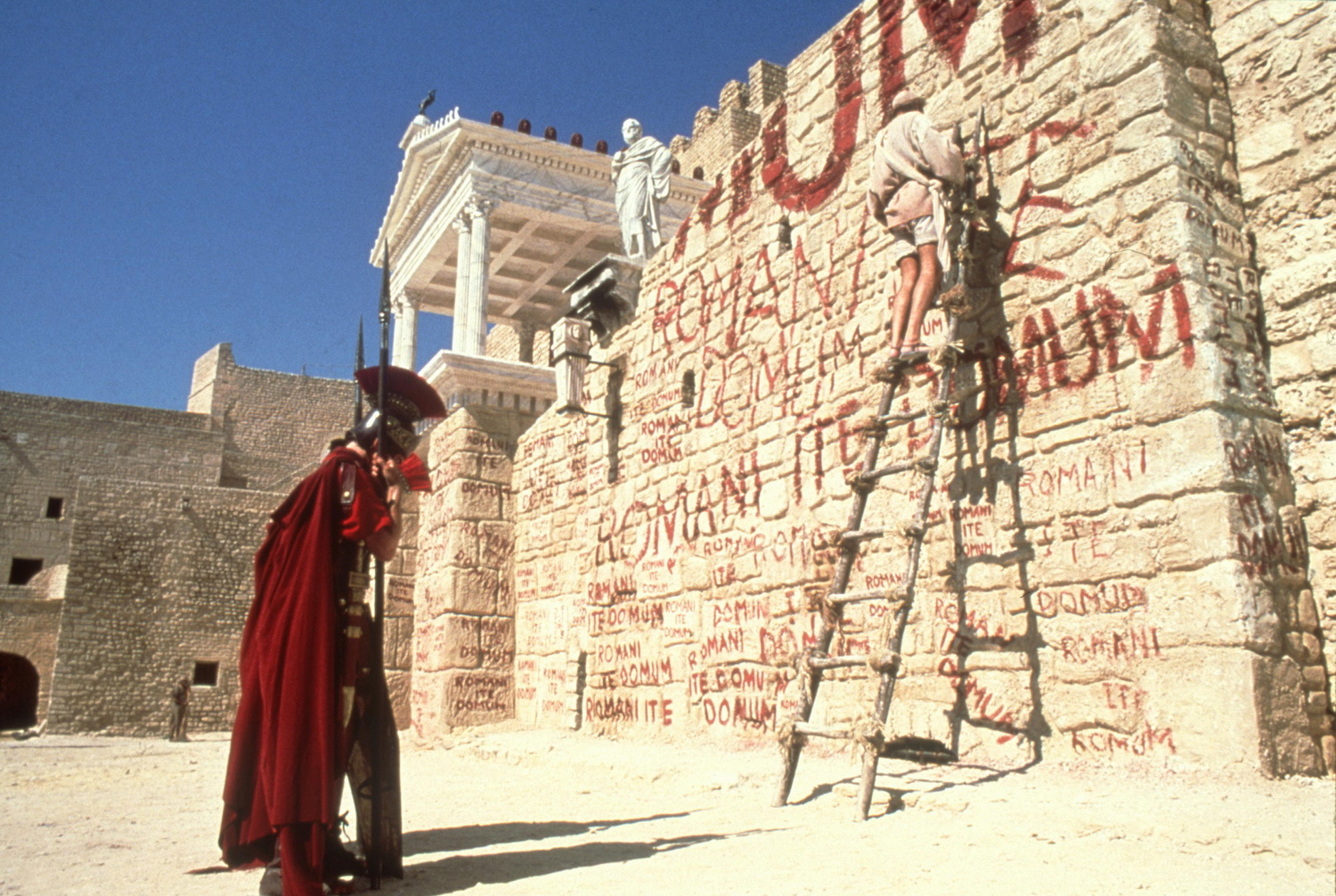TomC
Bless Your Heart!
- Joined
- Oct 1, 2020
- Messages
- 11,241
- Location
- Midwestern USA
- Gender
- Faggot
- Basic Beliefs
- Agnostic deist
Isaac Asimov's "Guide to the Bible".
Asimov put a whole bunch of inexplicable text into a context that made more sense.
I think that's where I first heard the possibility that Jesus was an anti-Roman terrorist/freedom fighter. After that, the New Testament made a lot more sense.
Tom
Asimov put a whole bunch of inexplicable text into a context that made more sense.
I think that's where I first heard the possibility that Jesus was an anti-Roman terrorist/freedom fighter. After that, the New Testament made a lot more sense.
Tom

